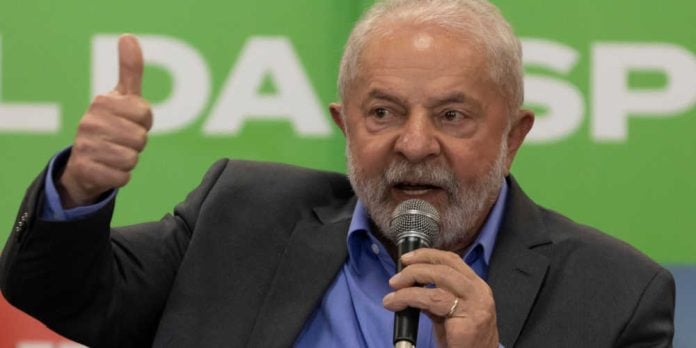President Lula Inacio Da Silva has signed Brazil’s sports betting bill, enshrining a regulatory framework into Brazilian federal law after years of delays.
The president’s endorsement completes the legislative process, righting the wrongs of the 2022 impasse when former President Jair Bolsonaro refused to put pen to paper on a previous sports betting framework.
Several rounds of amendments have been made to the bill as lawmakers compromise on a range of issues such as tax, advertising and the status of online casino.
In the upper chamber of Brazil’s legislature, senators disputed the authorization of online casino gaming, with the Liberal Party the primary source of opposition. The bill was returned to the Chamber of Deputies, the lower house.
On Dec. 22, in the Chamber of Deputies’ final session, 261 members voted for the bill which ultimately included language for the regulation of online casino games.
Lula then signed Bill PL3626/23 into law before the New Year celebrations, introducing a new regulatory regime for sports betting and online casino gaming in Brazil.
The federal framework is in line with the PT government’s objective to enhance state revenues, with projections indicating that a regulated sports betting market is estimated to make at least R$10 billion ($2.06 billion) for public services.
Despite the successes, President Lula did impose vetoes on certain aspects of the bill, most notably concerning the tax exemption for betting prizes up to R$2,112 ($435).
The Senate’s Economic Affairs Commission (CAE) proposals for the taxation of bets will be maintained. Under the framework, licensed operators will be taxed at 12% of GGR, while player winnings will be taxed at 15%.
The tax collected from the sports betting regulation will be distributed as follows: 36% to sports ministries and committees, 28% to tourism, 13.6% to public safety, and 10% each to education and social security. Health will receive 1%, civil society entities 0.5%, the Police Federal Equipment and Operation Fund 0.5%, and the Brazilian Agency for Industrial Development 0.4%.
Operators can apply for a five-year license, which comes with a fee of R$30m($6m) for up to three skins. Licensees must set up a company in Brazil which is domiciled in the country.
This year, the Ministry of Finance will publish regulations to initiate Brazil’s federal sports betting market.













